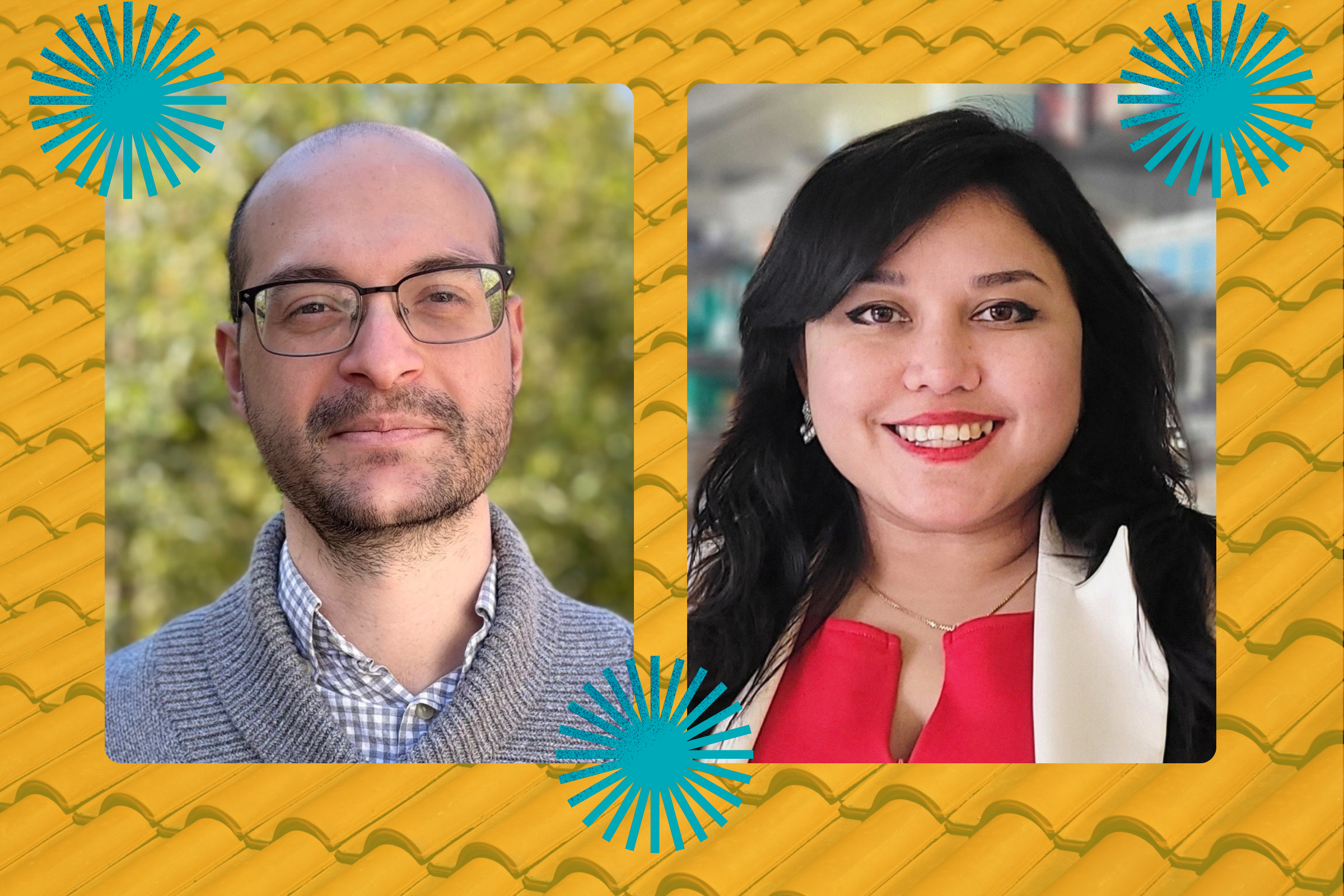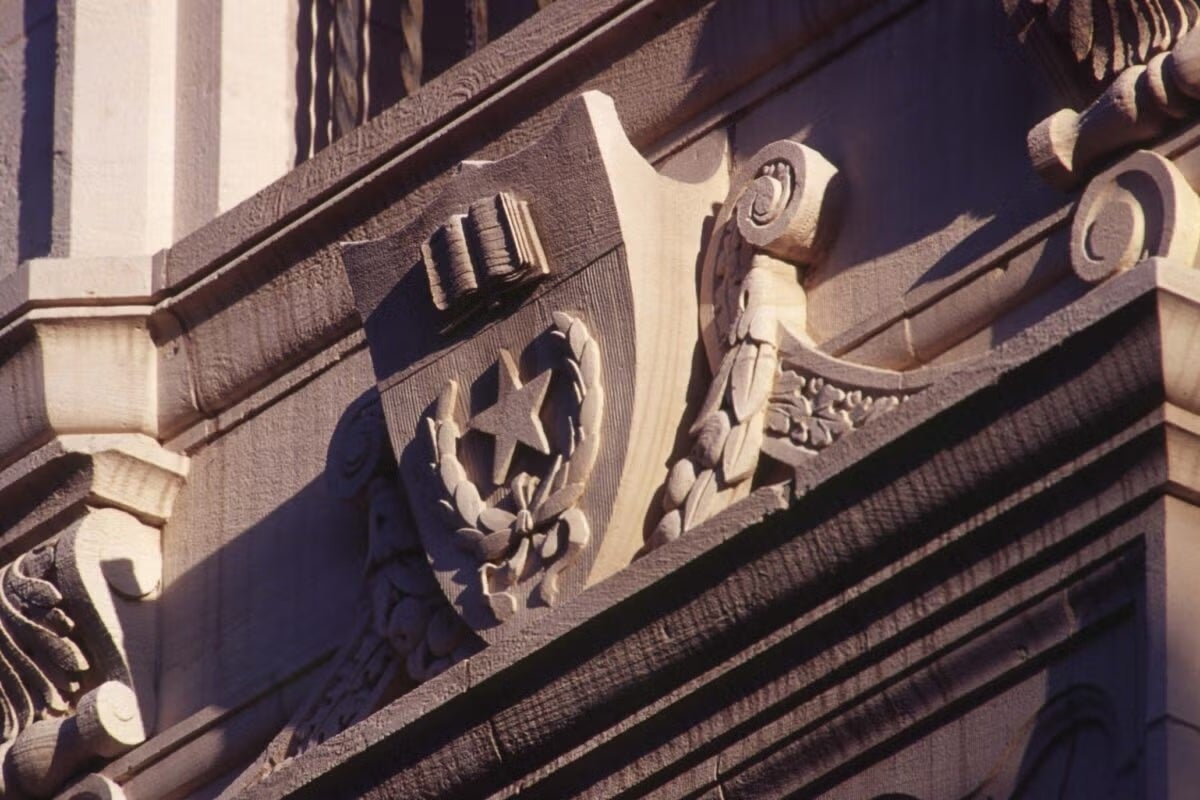Zuckerman Receives the NAS Michael and Sheila Held Prize
David Zuckerman is a professor of computer science whose research focuses primarily on pseudorandomness and the role of randomness in computing.

David Zuckerman. Credit: Nolan Zunk.
The National Academy of Sciences will honor University of Texas at Austin computer scientist David Zuckerman with the Michael and Sheila Held Prize at its annual meeting on April 28.
Given annually since 2018, the Held Prize recognizes “outstanding, innovative, creative and influential research in the areas of combinatorial and discrete optimization, or related parts of computer science.”
Zuckerman and co-recipient Eshan Chattopadhyay from Cornell University are being honored for their groundbreaking work on randomness extraction and Ramsey graph construction, which has advanced theoretical computer science. This $100,000 prize is intended to recognize recent work (defined as published within the last eight years).
Zuckerman is a professor whose research focuses primarily on pseudorandomness and the role of randomness in computing. He is perhaps best known for his work on randomness extractors and their applications, an area that his early work pioneered. He helped develop a new method of producing random numbers that could improve cybersecurity. His other research interests include coding theory, distributed computing, cryptography, inapproximability and other areas of complexity theory.
Using an innovative and creative approach, Chattopadhyay and Zuckerman solved a longstanding open problem by introducing an algorithm that combines two independent low-quality random sources to create one high-quality random source. Previous attempts needed at least one of the two input sources to be of moderately high-quality. The new algorithm, called a two-source extractor, also gives a major improvement to an important mathematical problem in Ramsey Theory.
Zuckerman was previously elected as an Association for Computing Machinery (ACM) Fellow and a Simons Foundation Investigator, and he has been awarded a Guggenheim Fellowship, a Radcliffe Institute Fellowship, a Packard Fellowship for Science and Engineering, a Sloan Research Fellowship and a National Science Foundation Young Investigator Award.
The two recipients join 18 other individuals being recognized by the NAS this year for extraordinary scientific achievements in a wide range of fields spanning the physical, biological, social and medical sciences.
The National Academy of Sciences is a private, nonprofit institution that was established under a congressional charter signed by President Abraham Lincoln in 1863. It recognizes achievement in science by election to membership, and — with the National Academy of Engineering and the National Academy of Medicine — provides science, engineering and health policy advice to the federal government and other organizations.



